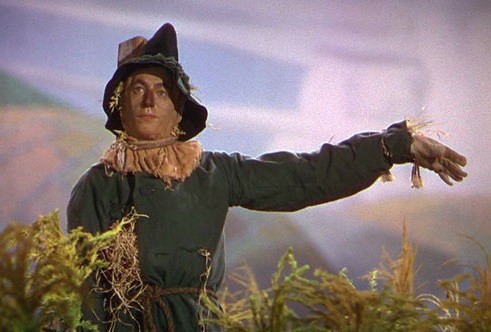Through Gates of Splendor
 How do I begin to come to terms with this book?
How do I begin to come to terms with this book?
At some point I became familiar with the story of the five missionaries killed in Ecuador in the ’50’s. Last year I read Steve Saint’s End of the Spear, and it deepened my appreciation and curiosity. But though I’ve had this book since Christmas, it’s taken me till now to read it. I guess I knew it would be powerful.
There’s no question of its quality. Elisabeth Elliot is direct and deeply wise, and her writing, interspersed liberally with the writings (in journals and letters) of the missionaries themselves, tells the story compellingly. I was struck by several things, and very grateful to have read the 50th anniversary edition with its concluding pages where the author gives her perspective 40 years after the massacre.
First, this is the kind of book that shakes all the phony or peripheral stuff out of my hands, and brings me to the question of whether I’m a Christian at all. There’s a level of spiritual passion in these young men that I simply don’t have. They truly gave their lives over to God for his purposes, disinterestedly.
Second, the marriages in this book reflect a level of unity of purpose that exceeds… perhaps anything I’ve ever seen in reality. Here, that is — in my sphere. They were of one accord in their sense of purpose, and they exhibit a level of teamwork that’s beautiful to see.
Third, the unglamorousness of missions work struck me as I read. I went on a 2-month summer mission in high school, but it was as part of a good-sized team of like-minded, like-aged people. Not the case with these. Setting up a home, learning a language, doctoring illnesses, and simply living out a sometimes tedious routine of life within a foreign culture in the interest of gaining trust — and doing it for a long haul, not for a summer — takes a real toughness.
Fourth, these men were very human. The story, played out over the years since their massacre, has shown in so many ways that it’s written by God himself. The Waodani were introduced to the gospel. Wives and children of the slaughtered men carried on the effort, and were reconciled — sometimes became dear friends — with those who had speared the missionaries. Yet the missionaries themselves, despite the passion for God I’ve already mentioned, were still very human. They ran the gamut of discouragement, giddiness, occasionally perhaps even a tendency to impose western culture rather than just the gospel.
This is where I appreciated Elizabeth Elliot’s afterword, written in 1996. She refuses to simplify, conceding that “the question as to why the men who had trusted God to be both shield and defender should be allowed to be speared to death was not one that could be smoothly or finally answered in 1956, nor yet silenced in 1996.” 40 years of reflection on the story yield a discerning treatment of its devastating aspects in the context of a worldview with a loving God at its head. “I think back to the men themselves, remembering Pete’s agony of indecision as to whether he should join the others in the venture,” she writes;
Ed’s eagerness to go even though Marilou was eight months pregnant, his strong assurance that all would be well; Roj’s depression and deep sense of failure as a missionary; Nate’s extreme caution and determination; Jim’s nearly reckless exuberance.
She goes on, delineating the tensions that developed between workers after the men died; the discovery that the language coaching the men had received had been inaccurate; the sufferings the indians themselves faced when the airtight seal around their culture was finally broken. At last she concludes,
It is not the level of our spirituality that we can depend on. It is God and nothing less than God, for the work is God’s and the call is God’s and everything is summoned by Him and to His purposes, the whole scene, the whole mess, the whole package — our bravery and our cowardice, our love and our selfishness, our strengths and our weaknesses.
Good, true words. The story is amazing because it’s God’s story, not because these men constituted a second Messiah. Their decisions mean more, not less, because they were as imperfect as I am, yet they responded wholeheartedly. They weren’t superheroes; they were, however, willing in the ways God needed them to be in order to, as Steve Saint says, “write his story with their lives.” I’d like to be a part of that story, too.


